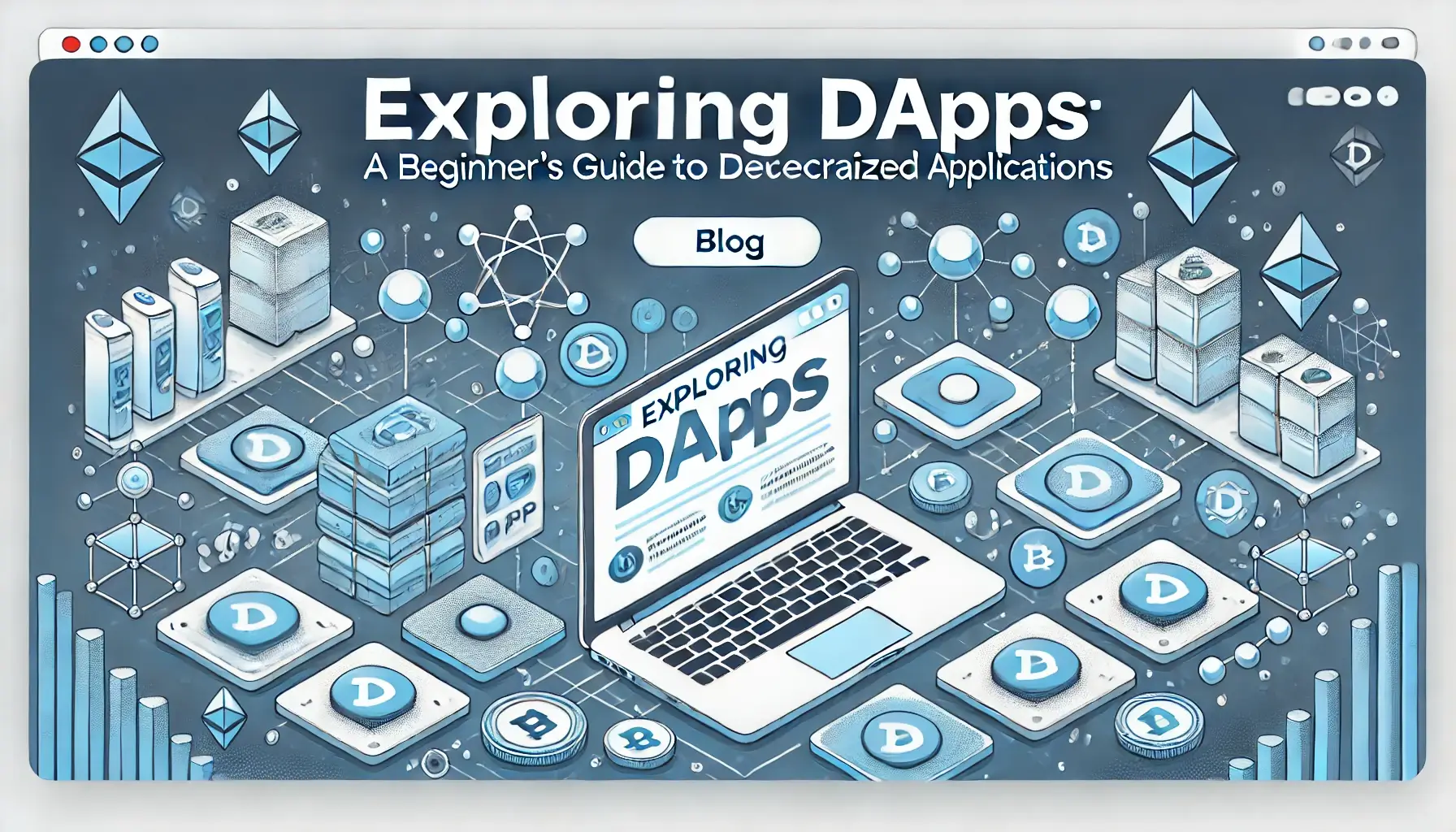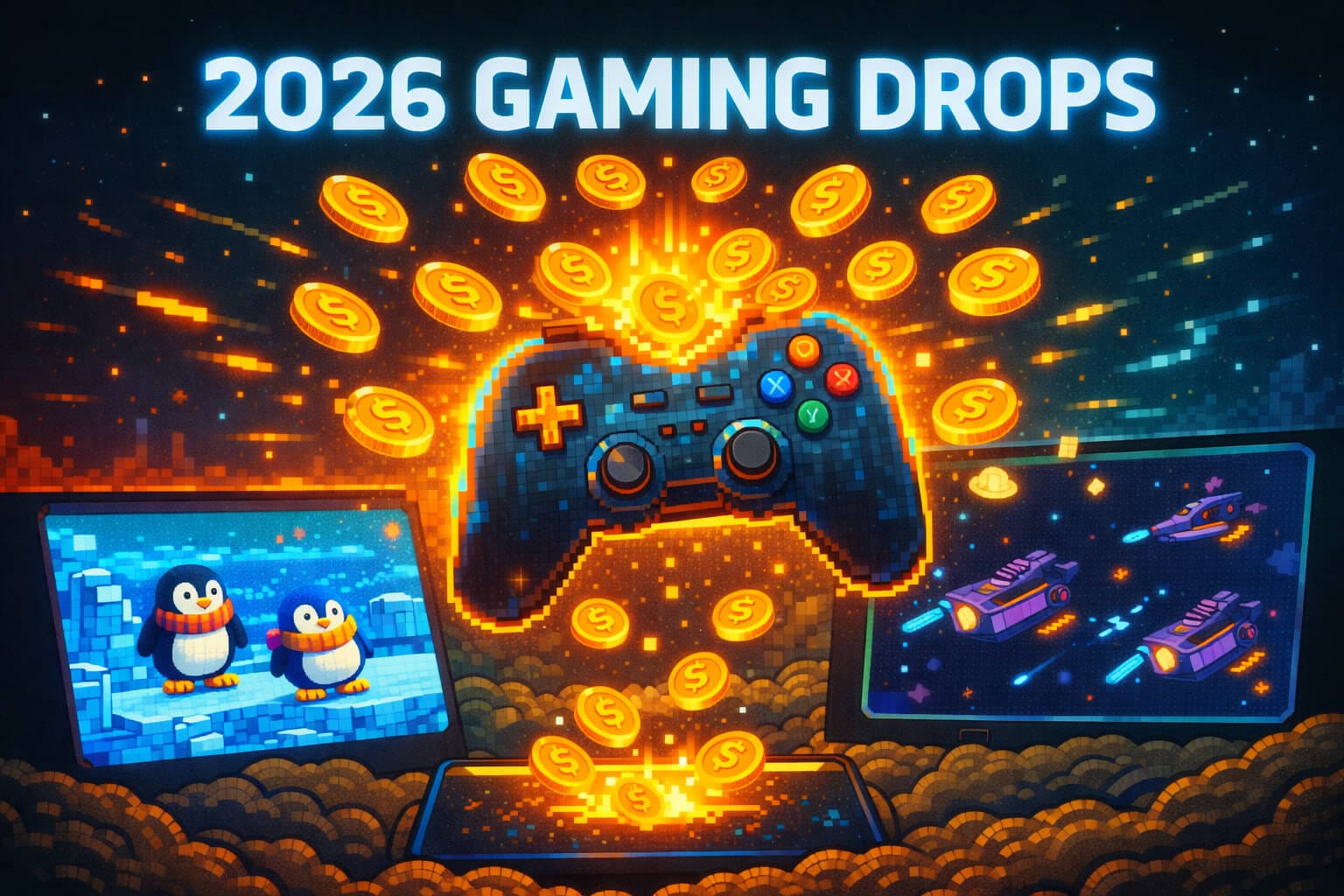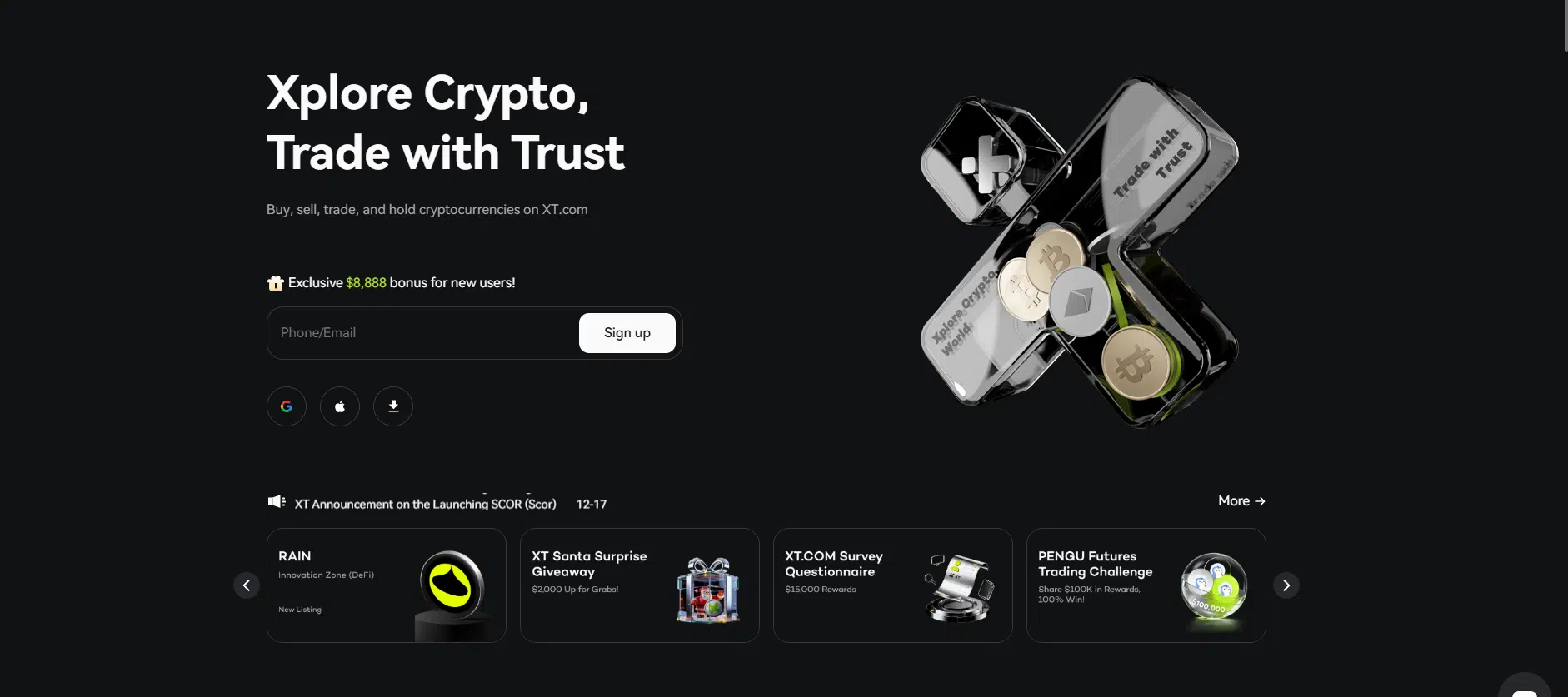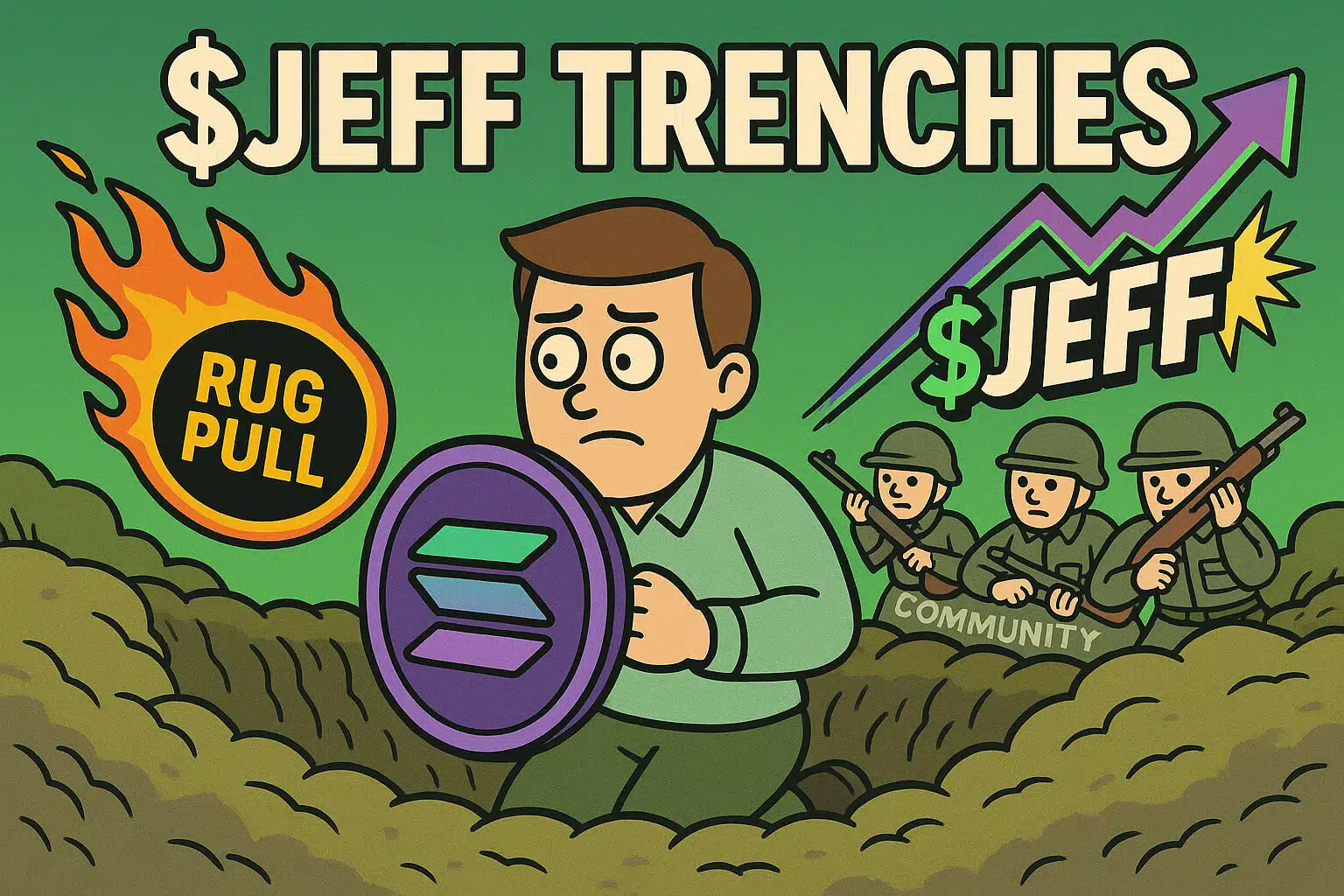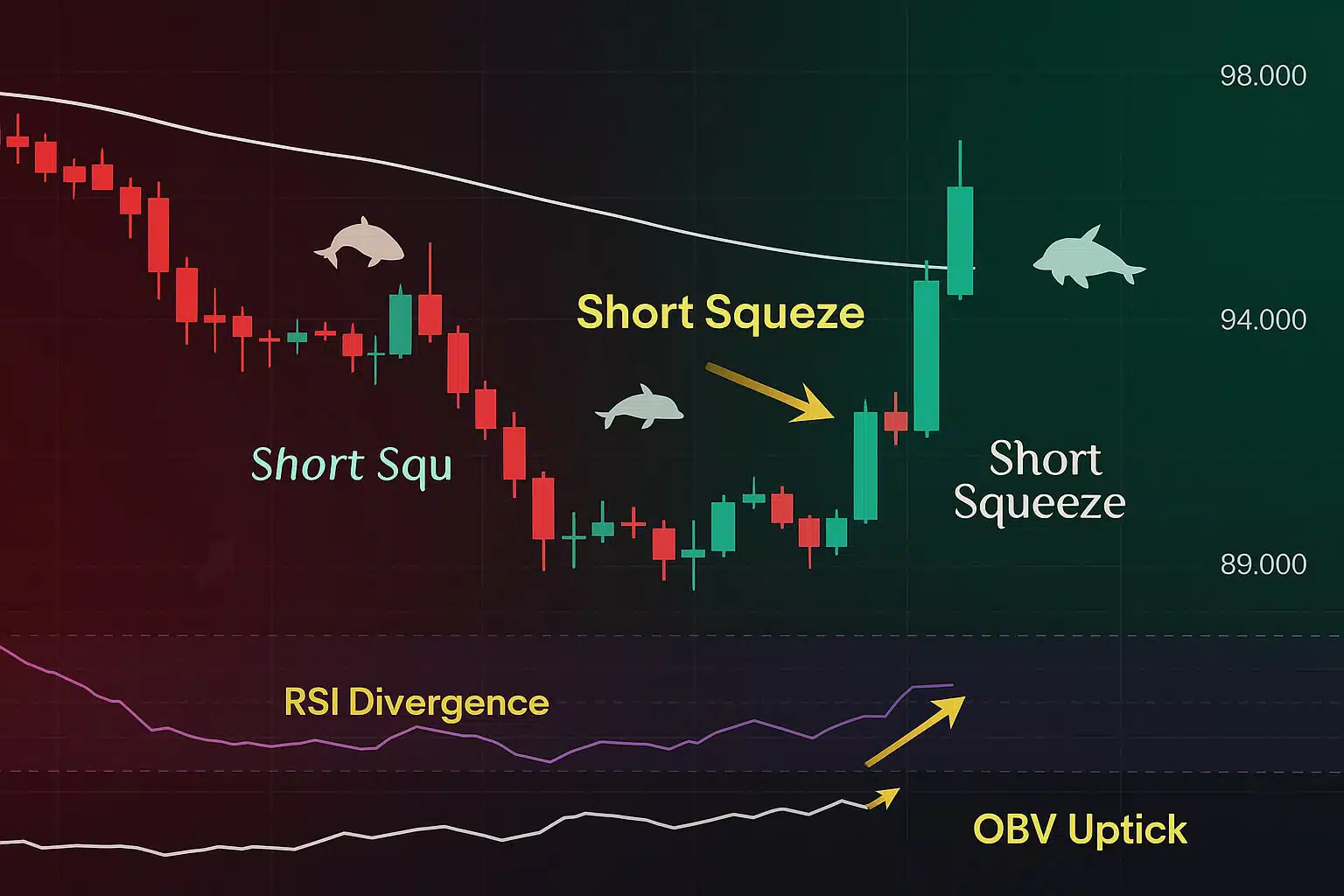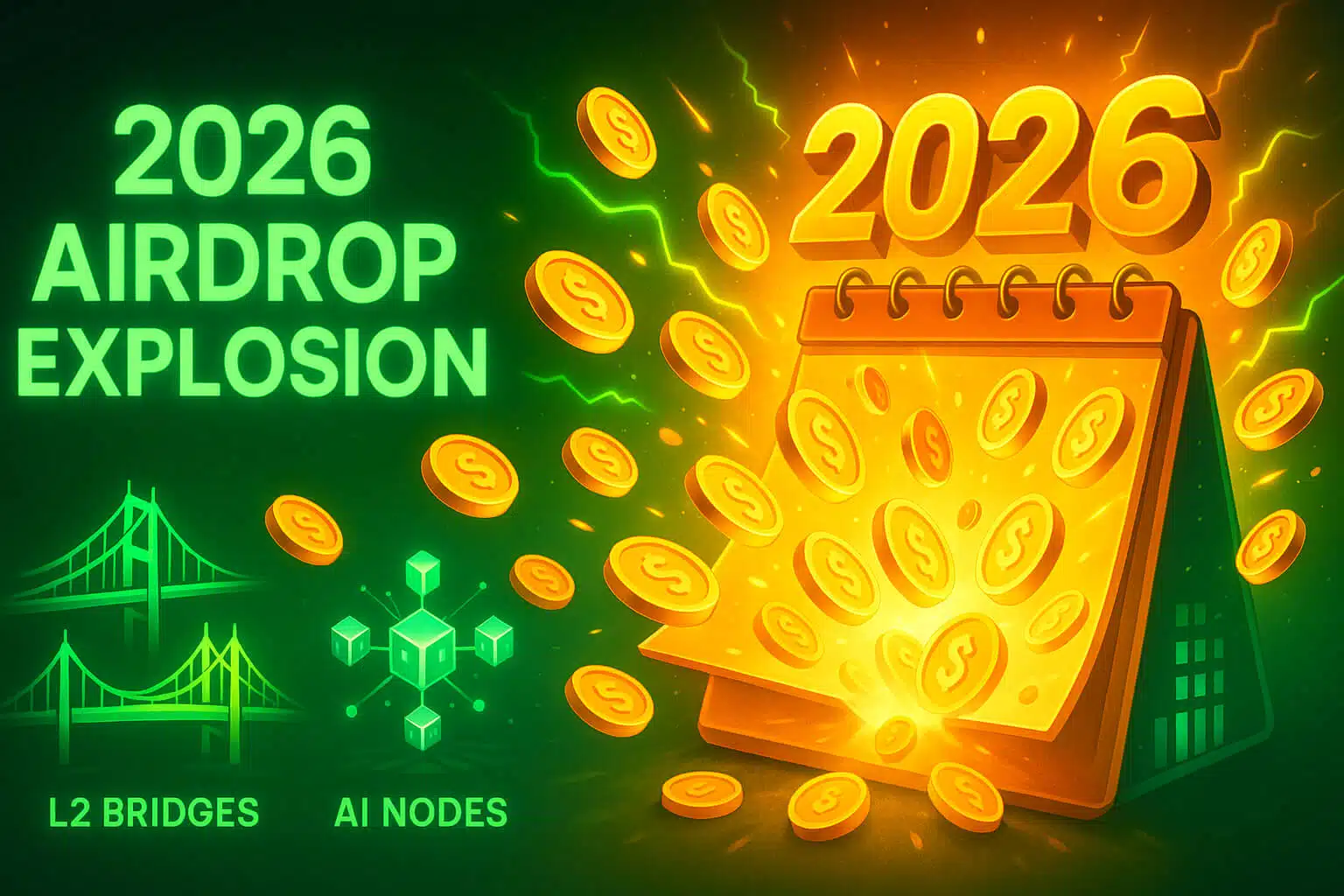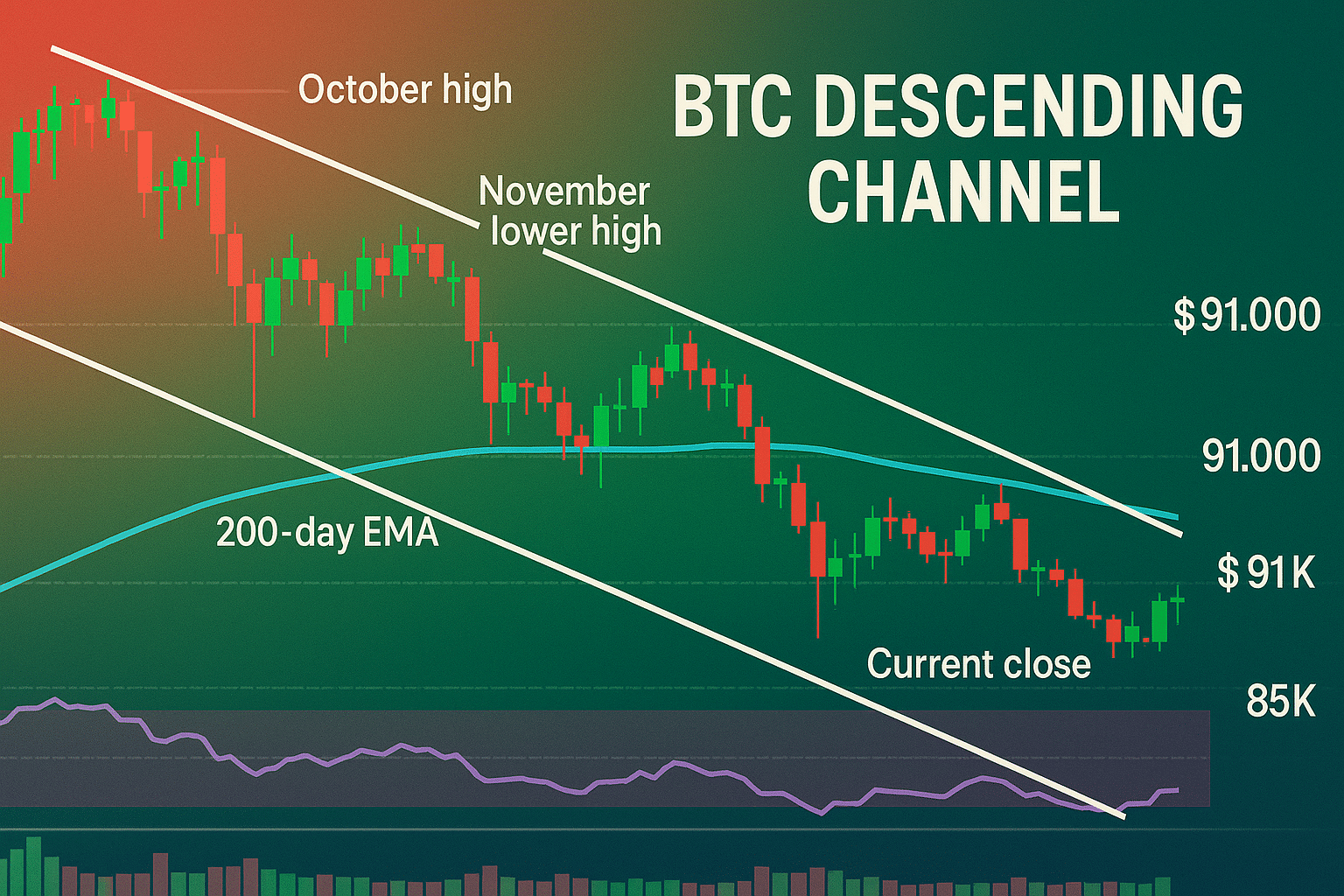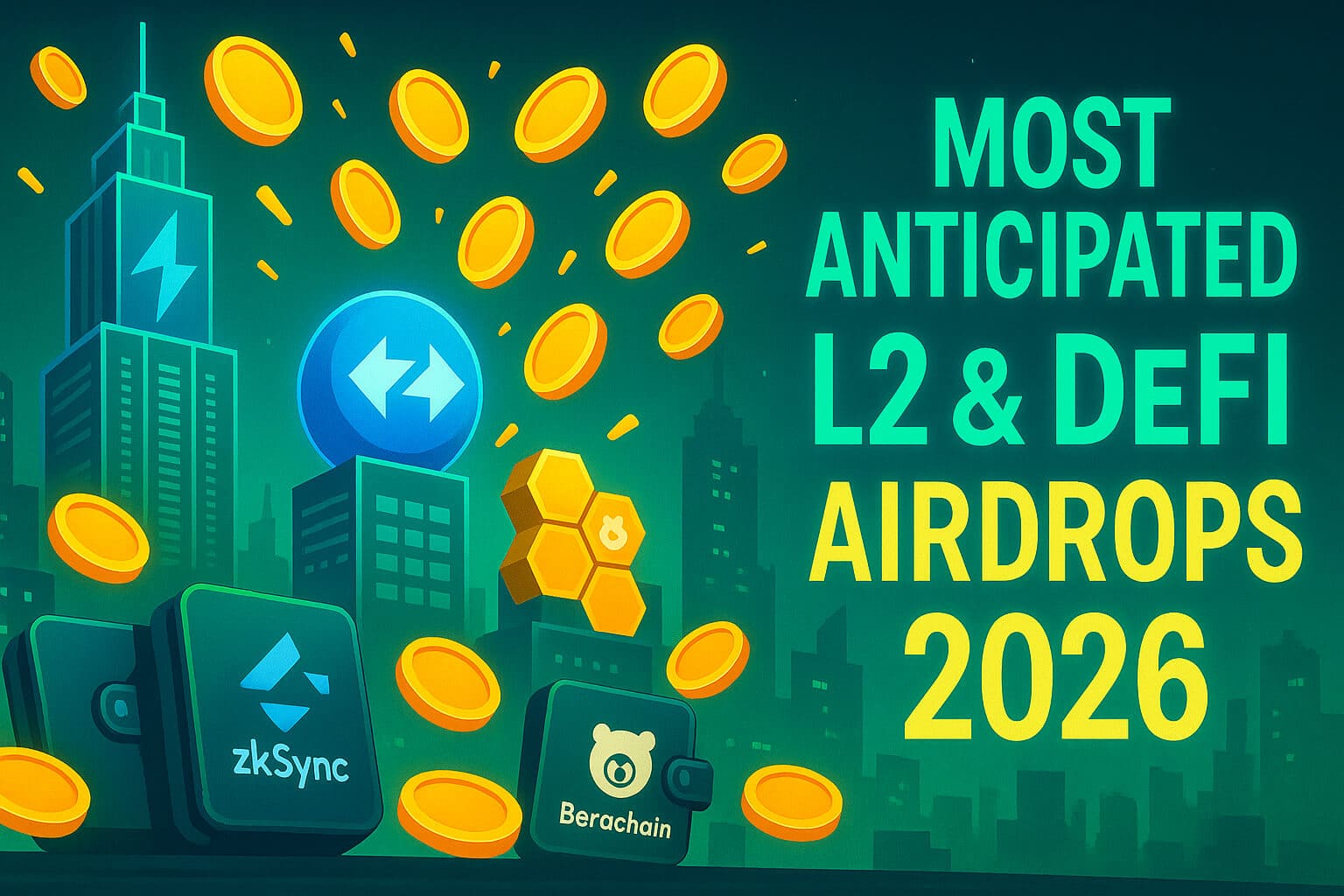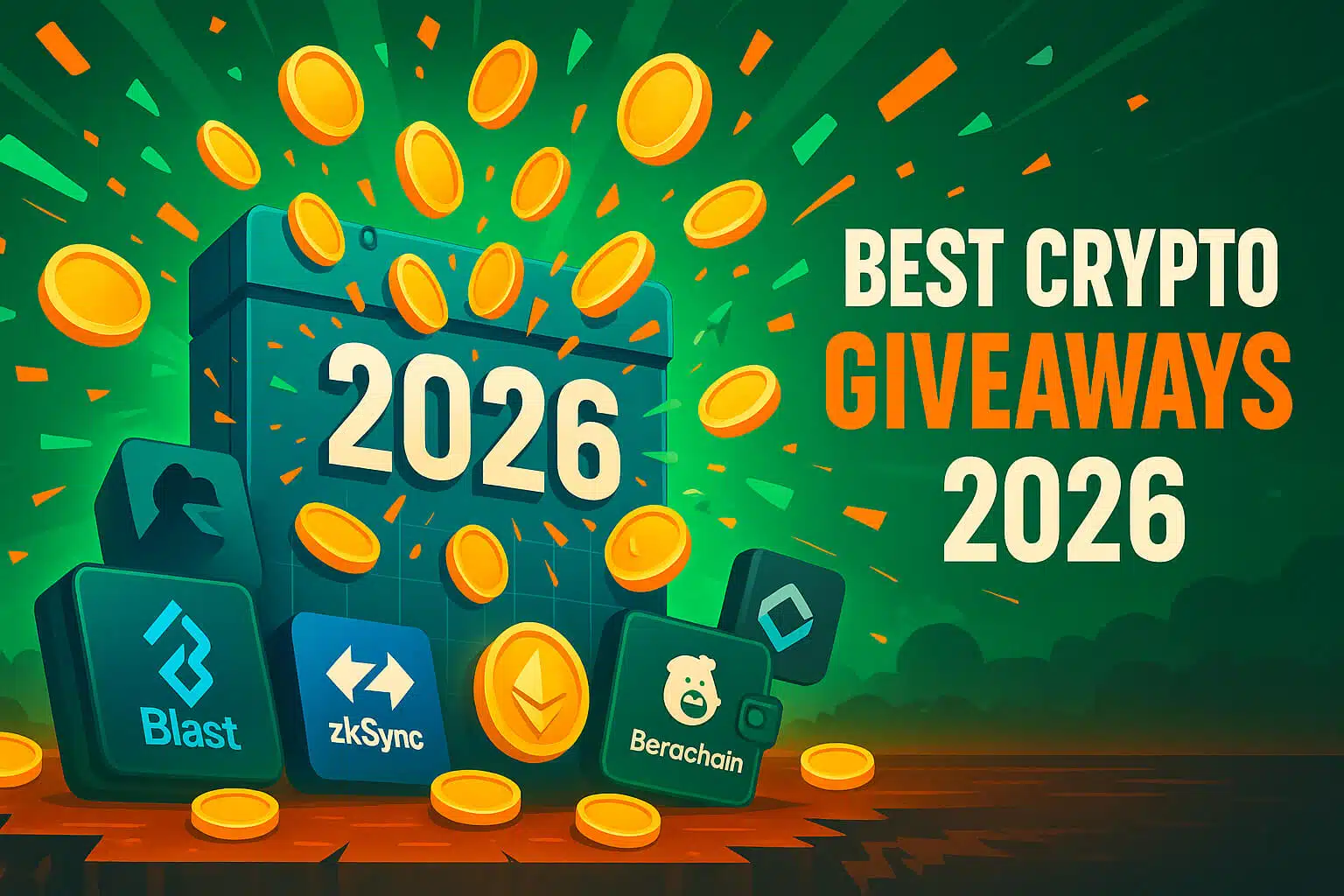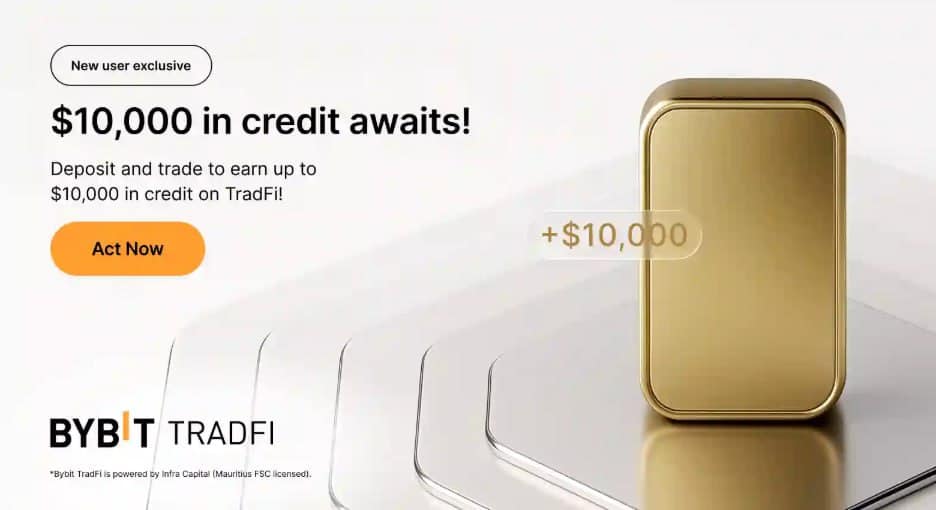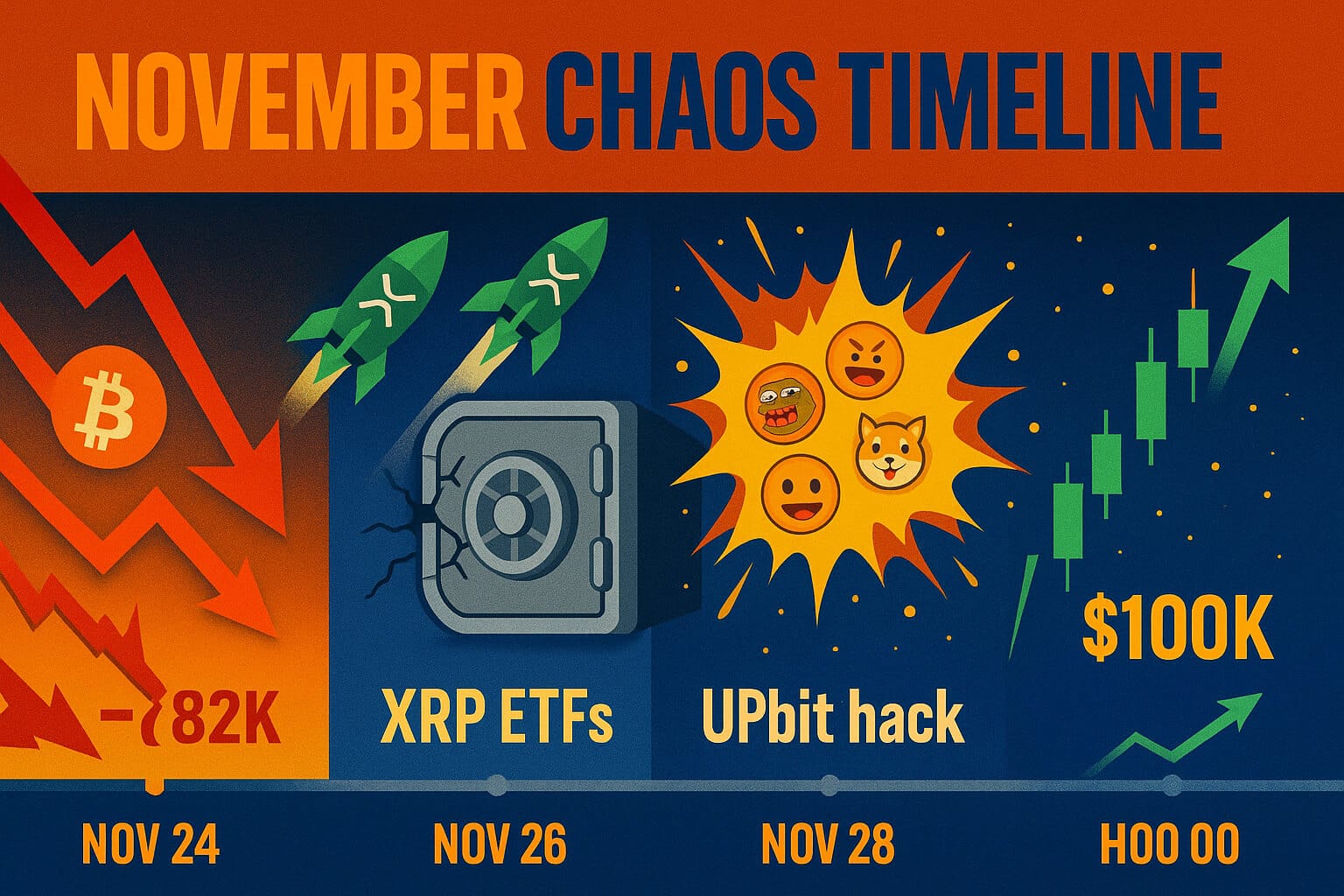Exploring dApps: A Beginner’s Guide to Decentralized Applications
Decentralized Applications, or dApps, are reshaping how we interact with technology. This guide will introduce you to the fundamentals of dApps, their benefits, uses, and how to get started. By the end of this article, you’ll have a solid grasp of what dApps are and why they’re gaining momentum.
Are you ready to dive into the world of dApps? Let’s get started!
What Are dApps?
dApps, short for decentralized applications, are digital applications or programs that run on a blockchain network. Unlike traditional apps, dApps are not controlled by a single authority. Instead, they operate on a peer-to-peer network, ensuring transparency and reducing the risk of censorship.
How Do dApps Work?
dApps function through smart contracts, which are self-executing contracts with the terms directly written into code. These contracts live on the blockchain, making dApps secure and autonomous. When certain conditions are met, the contracts execute automatically, ensuring the intended actions are carried out without the need for intermediaries.
Key Characteristics of dApps
- Open Source: dApps are typically open source, meaning their code is publicly available for anyone to inspect and verify.
- Decentralized: dApps run on a decentralized blockchain network, ensuring that no single entity has control over the application.
- Incentivized: Users and developers are often incentivized with tokens to contribute to the dApp’s ecosystem.
- Consensus Mechanism: dApps utilize consensus mechanisms like Proof of Work (PoW) or Proof of Stake (PoS) to validate transactions and ensure security.
Popular Use Cases of dApps
- Finance (DeFi): Platforms like Uniswap and Compound enable decentralized trading, lending, and borrowing.
- Gaming: Games like CryptoKitties and Axie Infinity use blockchain technology to create unique in-game assets and experiences.
- Social Media: Applications like Steemit and Mastodon offer decentralized alternatives to traditional social networks.
- Marketplaces: OpenSea and Rarible are examples of decentralized marketplaces for buying and selling digital assets.
Benefits of dApps
- Transparency: All transactions and smart contracts are recorded on a public blockchain, providing full transparency.
- Security: Decentralization reduces the risk of hacking and fraud, as there is no single point of failure.
- User Control: Users have full control over their data and assets, unlike traditional applications where control lies with the service provider.
- Censorship Resistance: dApps are resistant to censorship, as no central authority can shut them down.
Risks and Challenges of dApps
- Scalability: Current blockchain networks face scalability issues, which can affect the performance of dApps.
- Complexity: Developing and using dApps can be complex and require a good understanding of blockchain technology.
- Regulatory Uncertainty: As with DeFi, dApps operate in a regulatory gray area, and future regulations could impact their development and use.
Getting Started with dApps
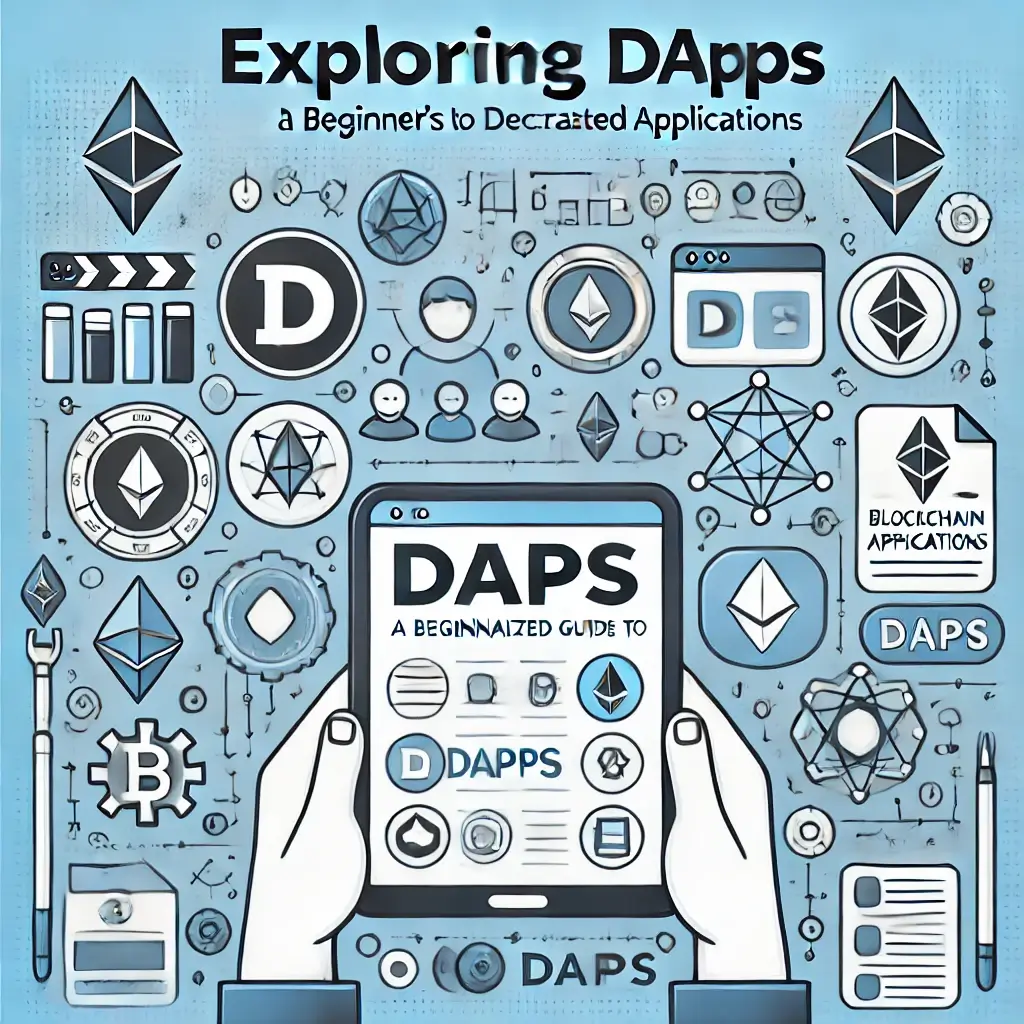
- Set Up a Wallet: Create a crypto wallet, such as MetaMask, to interact with dApps.
- Acquire Cryptocurrency: Purchase Ethereum (ETH) or other required tokens on an exchange like Coinbase or Binance.
- Explore dApp Platforms: Visit platforms like Ethereum’s DApp store or DappRadar to find and start using dApps.
- Engage and Learn: Participate in dApp communities, forums, and social media to stay updated and learn from other users’ experiences.
Wrapping Up: The Future of Applications
dApps are paving the way for a more decentralized and user-centric digital world. They offer unparalleled transparency, security, and control, making them an exciting alternative to traditional applications. As you explore the world of dApps, stay informed about their benefits and challenges to make the most of this innovative technology.
FAQs about dApps
- What is a dApp? A dApp is a decentralized application that runs on a blockchain network, using smart contracts to operate without central control.
- How are dApps different from traditional apps? Unlike traditional apps, dApps are decentralized, open source, and operate on a blockchain, offering greater transparency and security.
- What are some popular dApps? Popular dApps include Uniswap (finance), CryptoKitties (gaming), Steemit (social media), and OpenSea (marketplaces).
- Are dApps safe to use? While dApps offer enhanced security due to their decentralized nature, they are not without risks such as smart contract bugs and regulatory uncertainty.
- How can I start using dApps? To start using dApps, set up a crypto wallet, acquire cryptocurrency, explore dApp platforms, and engage with dApp communities for guidance and updates.
Interesting External Links:
- Ethereum DApp Store
- DappRadar
- MetaMask
By understanding and engaging with dApps, you can be part of the growing decentralized movement that’s reshaping the digital landscape. Happy exploring!


